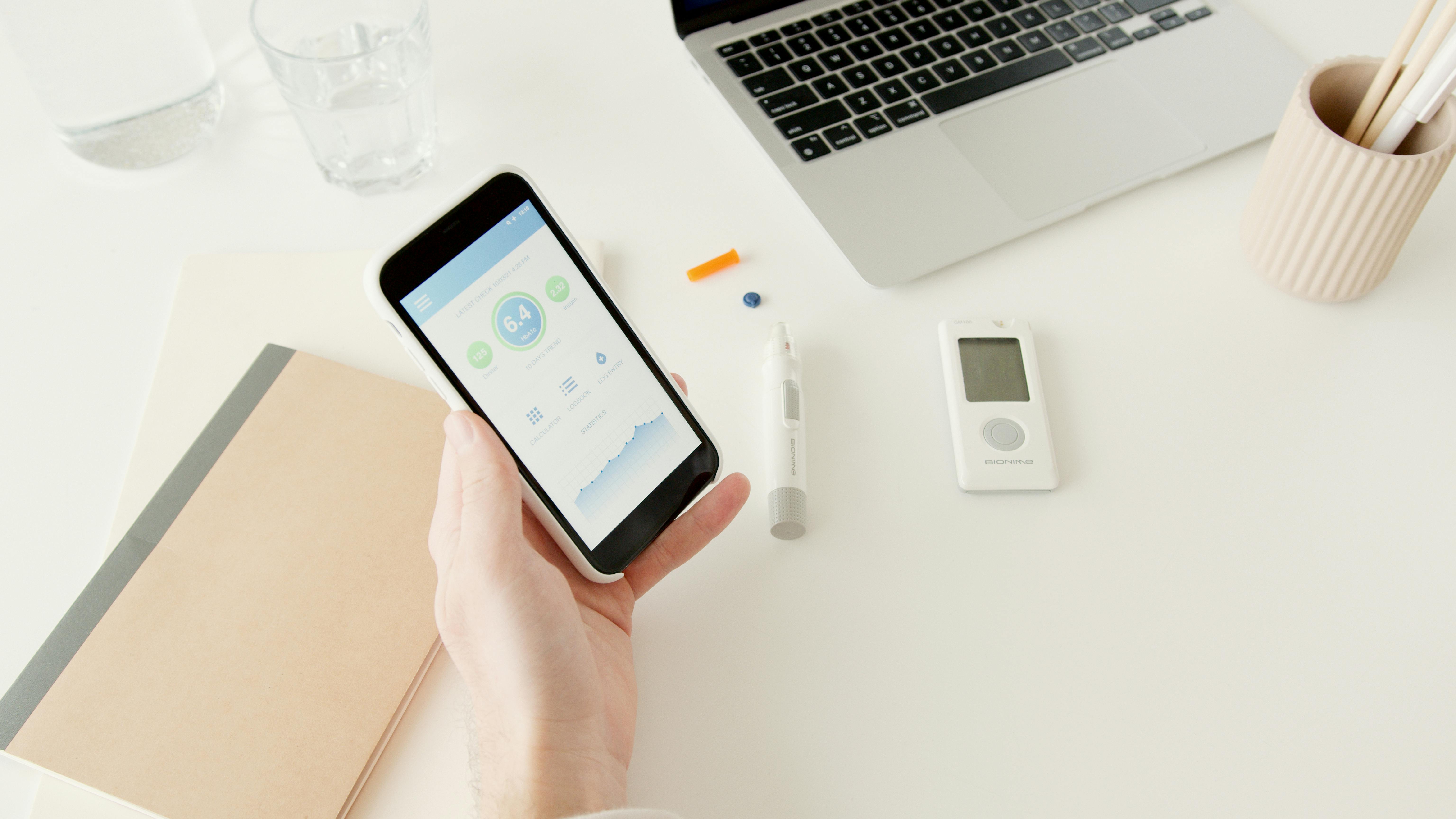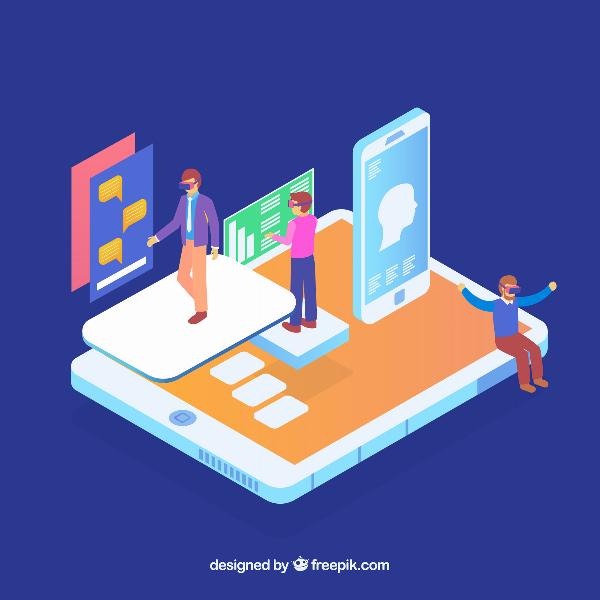 Topic Cluster Planning – Boost Topical Authority Like a Pro!
Topic Cluster Planning – Boost Topical Authority Like a Pro!
Mobile App Testing Services and the Rise of IoT: Challenges and Solutions
Written by TestersHUB » Updated on: June 17th, 2025

By fusing commonplace gadgets with digital capabilities, the Internet of Things (IoT) has completely changed the mobile app market. In order to guarantee that these networked apps operate as efficiently and safely as possible, mobile app testing services must adapt to the growing IoT.
Overview of IoT in the Mobile App Ecosystem
IoT refers to a broad category of internet-connected devices, including wearable technologies and smart home appliances. Mobile apps must be able to communicate with different IoT devices without any problems in order to provide a consistent and effective user experience. Robust mobile app testing services are crucial as IoT devices become more widespread since testing these apps becomes more complicated.
Unique Testing Challenges for IoT-Connected Apps
Testing IoT-connected apps presents unique challenges. Unlike traditional mobile apps, IoT apps must handle diverse device interactions and data exchanges. Testing must cover various scenarios where devices communicate over different networks, and data flows between devices and apps can introduce unexpected behaviors. Ensuring that apps remain responsive and functional across these interactions is crucial.
Strategies for Testing IoT Integrations and Functionalities
Effective testing of IoT apps requires a strategic approach. Comprehensive testing strategies include:
Simulating Device Interactions: Create realistic test environments that mimic actual device interactions and network conditions.
Testing Across Platforms: Ensure compatibility across different operating systems and IoT devices.
Data Flow Testing: Validate the accuracy and reliability of data exchanged between devices and apps.
Stress Testing: Assess how apps perform under heavy data loads and multiple device connections.
Tools and Frameworks for IoT App Testing
Several tools and frameworks are available to support IoT app testing:
IoT-Specific Testing Platforms: Tools like IoTify and Testbed offer environments to test IoT integrations and functionalities.
Automation Frameworks: Tools such as Appium and Selenium can be extended for IoT testing to automate interactions and data flow.
Simulators and Emulators: Use device simulators and emulators to replicate different IoT device scenarios.
Ensuring Compatibility Across Diverse IoT Devices
Compatibility with a wide range of IoT devices is crucial. Services for testing mobile apps need to:
Test on Actual Devices: To take into consideration variables seen in the real world, test on actual devices.
Make Use of Device Clouds Use device cloud services to get access to a variety of setups and devices.
Execute Cross-Platform Testing: Verify that the application functions properly on various hardware combinations and operating systems.
Security Considerations for IoT-Enabled Apps
Security is a major concern for IoT-enabled apps, as they often handle sensitive data and control critical devices. Mobile app testing services must:
Perform Security Assessments: Conduct vulnerability scans and penetration tests to identify potential security risks.
Ensure Data Protection: Validate encryption and secure data storage methods.
Test Authentication Mechanisms: Ensure robust authentication and authorization processes are in place.
Case Studies of IoT App Testing and Solutions
Successful IoT app testing often involves real-world applications. For example, a smart home app integrated with various IoT devices required extensive testing to ensure seamless control of lighting, security systems, and climate control. By employing comprehensive testing strategies and tools, the app delivered a reliable user experience across different devices.
Future Trends in IoT and Mobile App Testing
As IoT continues to evolve, mobile app testing services will need to adapt to emerging trends:
Enhanced AI and ML Integration: Leveraging AI and machine learning for predictive testing and anomaly detection.
Greater Device Interoperability: Ensuring apps work seamlessly across an expanding array of IoT devices.
Advanced Security Measures: Adopting new security protocols to address evolving threats in the IoT landscape.
Conclusion
Mobile app testing services play a crucial role in addressing the challenges posed by the rise of IoT. By employing effective testing strategies and leveraging advanced tools, these services ensure that IoT-connected apps deliver reliable, secure, and high-quality user experiences.
Note: IndiBlogHub features both user-submitted and editorial content. We do not verify third-party contributions. Read our Disclaimer and Privacy Policyfor details.
Copyright © 2019-2025 IndiBlogHub.com. All rights reserved. Hosted on DigitalOcean for fast, reliable performance.













